Citizen-Soldiers
and
Manly Warriors
Military Service and Gender
in the Civic Republic Tradition
R. CLAIRE SNYDER

ROWMAN & LITTLEFIELD PUBLISHERS, INC.
Published in the United States of America
by Rowman & Littlefield Publishers, Inc.
4720 Boston Way, Lanham, Maryland 20706
http://www.rowmanlittlefield.com
12 Hids Copse Road
Cumnor Hill, Oxford OX2 9JJ, England
Copyright 1999 by Rowman & Littlefield Publishers, Inc.
All rights reserved. No part of this publication may be reproduced, stored in a retrieval system, or transmitted in any form or by any means, electronic, mechanical, photocopying, recording, or otherwise, without the prior permission of the publisher.
British Library Cataloguing in Publication Information Available
Library of Congress Cataloging-in-Publication Data
Snyder, R. Claire, 1965
Citizen-soldiers and manly warriors : military service and gender in the civic republican tradition / R. Claire Snyder.
p. cm.
Includes bibliographical references and index.
ISBN 978-0-8476-9444-0
1. Military service, voluntary. 2. Citizenship. 3. Masculinity.
I. Title. |
UB320.S64 1999 |
306.27dc21 | 9923275 |
CIP |
Printed in the United States of America
 The paper used in this publication meets the minimum requirements of American National Standard for Information SciencesPermanence of Paper for Printed Library Materials, ANSI/NISO Z39.481992.
The paper used in this publication meets the minimum requirements of American National Standard for Information SciencesPermanence of Paper for Printed Library Materials, ANSI/NISO Z39.481992.
For my family:
Lee Daniel and Anne G. Snyder, Tim and Lisa Snyder, and Allison Turkel
Contents
Acknowledgments
In finishing this project, which truly marks the beginning of my career as a political theorist, I have been reflecting a lot on the past decade and on all the debts of gratitude I owe to the many people who helped and supported me along the way. This book began as a doctoral dissertation at Rutgers University and so to the political science department there I give thanks. I particularly want to thank the faculties in political theory and in women and politics for providing me with an excellent education that has enriched my life in more ways than I can recount.
In addition, I am intellectually and otherwise indebted to the Walt Whitman Center for the Culture and Politics of Democracy and to the Charles F. Kettering Foundation for their generous support over the years. I would also like to express my appreciation to my colleagues in the department of political science at Illinois State University and particularly to my visionary chair, Jamal Nassar, who has provided me with unflagging support during my hectic first year of full-time teaching.
My thinking on the topic of the Citizen-Soldier has benefited greatly from presenting parts of this work at the Conference on the Public Sphere at the Institute for Research on Women, the Seminar on War and Peace at the Rutgers Center for Historical Analysis, various meetings at the Charles F. Kettering Foundation, the Twelfth Annual Symposium on the History of the Navy at the United State Naval Academy, and annual meetings of the Northeast Political Science Association.
I am grateful for all the helpful criticism and guidance I received from my stellar dissertation committee during the initial stages of this project. First of all, I would like to thank Charles Moskos for serving as my outside reader and for all the comments he provided on the manuscript. Next, I want to extend a huge thank you to Stephen Bronner, whose intellectual analysis and political vision originally inspired this project. My deep and heartfelt gratitude goes to Linda Zerilli, who more than anyone has made me see the world in a completely different way. Over the past decade, Linda has consistently been both challenging and supportive of my work and of my development as a feminist political theorist, and for that I am truly grateful. And finally, I want to thank Benjamin R. Barber, who encouraged me to pursue this project from the beginning, who successfully negotiated the delicate balance between directing my doctoral research and allowing me room to develop my own voice, and who has provided me with much-appreciated advice and support over these many years.
I would also like to thank my editor at Rowman & Littlefield, Stephen Wrinn, for his enthusiastic commitment to this work and for making this book possible. In addition, I would like to thank Stephen Driver, Julie Kirsch, and Mary Carpenter for all of their help with the manuscript and the publication process in general. And a final thanks goes to my personal research assistant, Abdalla Khair, for all of his help during the final stages of this project.
This book truly would not be what it is today without the help and advice of my friend, colleague, and comrade Manfred Steger, who spent an incredible amount of time poring over the entire manuscript and providing invaluable intellectual insights as well as logistical advice, support, and friendship over the past year.
But most of all, my largest debt of gratitude goes to my family. I thank my parents, Lee Daniel and Anne G. Snyder, for providing the familial milieu in which my intellectual abilities were nurtured from an early age. I thank them, my brother, Tim, and his wife, Lisa, for believing in me, for supporting me, and for loving me all of these years. And finally, to Allison Turkel I owe everythingfor her love, her generosity, her support, her encouragement, her sense of humor, and her intellectual insight over the past three and a half years. I dedicate this book to my family, for they have given me gifts I treasure dearly and can never fully repay.
R. Claire Snyder
Normal, Illinois
Chapter 1
Introduction
The New York Times Magazine recently ran a cover story that asked the following questions: Does being a good soldier [depend] on being an aggressive male? Is there something uniquely male about the warrior? Can the warrior survive the feminization of the military, or are we sacrificing military effectiveness on the altar of political correctness? These are challenging questions and ones that come up again and again, as Americas traditionally masculine military attempts to integrate women into its ranks. Yet despite the proliferation of commentary on gender integration and a multiplicity of related problems, mass media treatments of the issues remain for the most part either journalistically superficial or highly ideological and thus never seem to move beyond the apparently irreconcilable conflict between gender equality and military effectiveness.
This book attempts to clarify, deepen, and advance contemporary debates about gender and military service by reintroducing the concept of democratic citizenshipa concept that is surprisingly absent from the current discourse. Although the particulars surrounding gender integration of todays armed forces are undoubtedly unique in world history, late-twentieth-century Americans are hardly the first to think about the relationship between gender and military serviceand the relationship of both to citizenship. Indeed, discussions of these connections are as old as political theory itself.
Dating all the way back to ancient Greece, the civic republican tradition directly addresses the interconnections between gender, military service, and citizenship through its central ideal of the manly Citizen-Soldier. Standing at the very center of the civic republican tradition, this figure embodies the twin practices of civic republican citizenship: military service and civic participation. Citizen-soldiers serve in the military in order to protect their ability to govern themselves for the common good, and they participate in the process of deciding when to engage in war. Both halves of the ideal are equally important. Normative rather than empirical, the Citizen-Soldier ideal necessarily entails a commitment to a set of universalizable political principles, including liberty, equality, camaraderie, the rule of law, the common good, civic virtue, and participatory citizenship. In other words, the Citizen-Soldier ideal cannot be reduced to universal military service; it must also include a commitment to substantive participation in the processes of self-government.



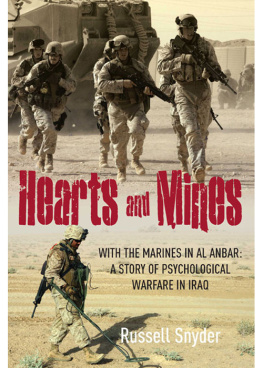
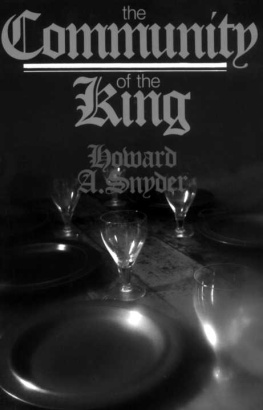

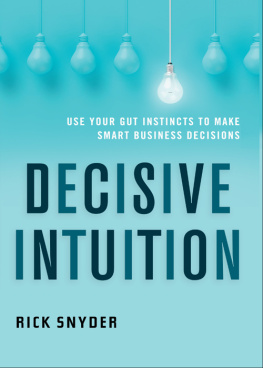

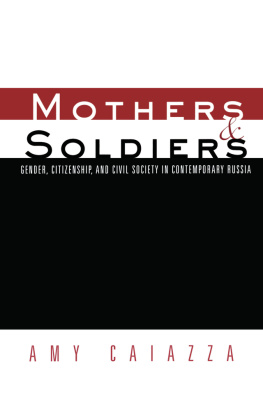
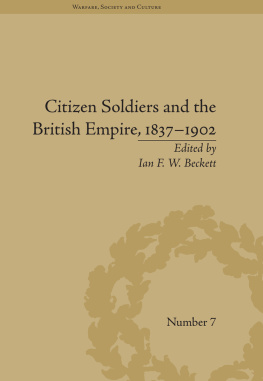
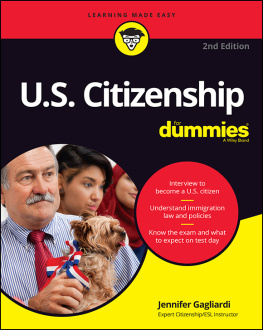
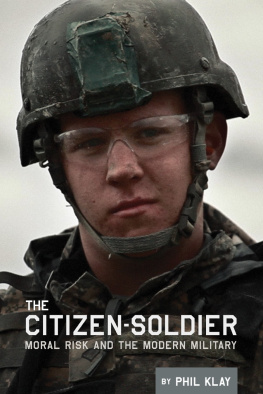
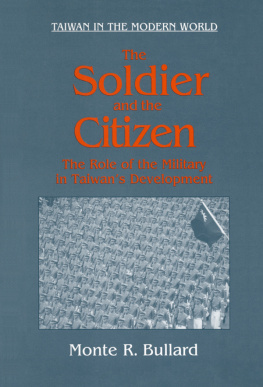
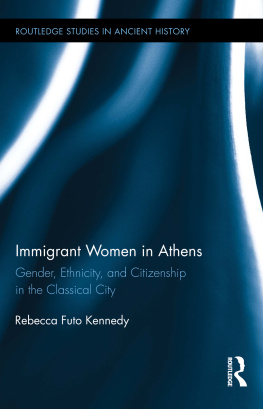
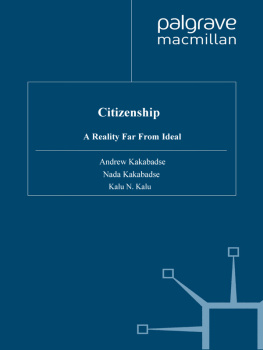

 The paper used in this publication meets the minimum requirements of American National Standard for Information SciencesPermanence of Paper for Printed Library Materials, ANSI/NISO Z39.481992.
The paper used in this publication meets the minimum requirements of American National Standard for Information SciencesPermanence of Paper for Printed Library Materials, ANSI/NISO Z39.481992.